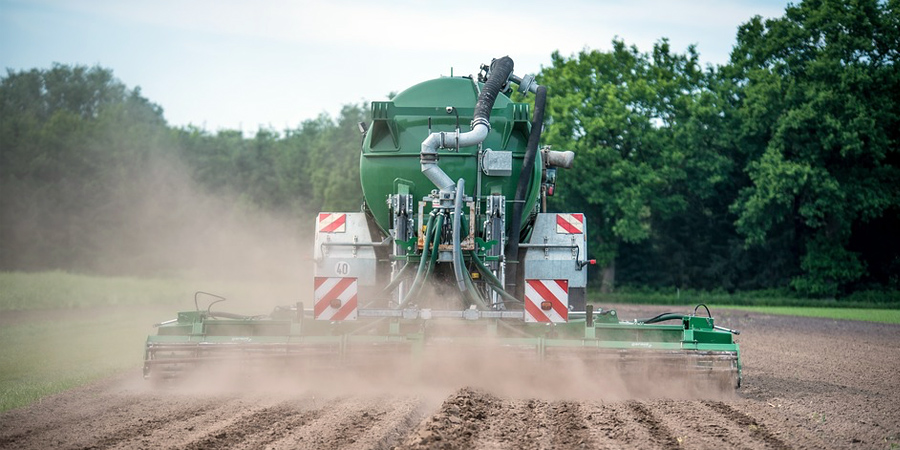Limited agro mechanisation worries Planning Commission
National Planning Commission (NPC) has decried limited access to agriculuture mechanisation as well as narrow financial and technical capacity to mechanise, especially among smallholder farmers.
In its policy brief titled ‘Agriculture mechanisation in Malawi: Efforts, obstacles, policy implications and options’, NPC says this is undermining the country’s agricultural development.

Ministry of Agriculture figures show that agriculture mechanisation in the country has remained at 13 percent of its potential, with the tractor-farmer ratio standing at 1:1 800.
NPC indicates that access and distribution of machinery and equipment is minimal with levels of agriculture mechanisation lagging below 10 percent, thereby affecting effective industrial development.
Reads the brief in part: “Increased mechanisation can play a key role in unlocking underutilised agricultural potential in the country.
“However in Malawi the challenge is that there are no institutional arrangements that enable smallholder farmers access mechanisation services for higher crop and livestock production, post-harvest handling, storage and processing of agricultural produce.”
The commission has underscored the need for building a conducive policy environment for private markets and service providers’ participation in the provision of mechanization products and services.
Reacting to NPC findings yesterday, Farmers Union of Malawi chief executive officer Jacob Nyirongo said the country has not taken a proactive role in positioning its agriculture system.
He admitted agriculture production is still subsistence and less commercialised with majority of farmers using hoes.
“The country needs more pro-active agricultural production systems that should be able to take the agro sector to a higher level,” he said.
In Malawi, apart from land, labour is a constraining factor for agricultural development, especially among small holder farmers, according to NPC.
Figures show that more than two thirds of farming power is predominantly sourced from human muscle, especially in crop cultivation and when carrying out other activities such as value addition, processing and transportation.





